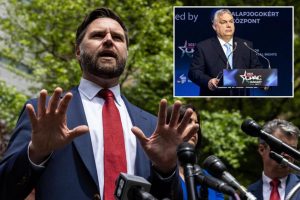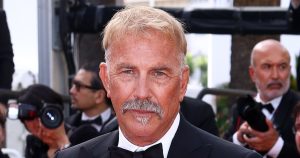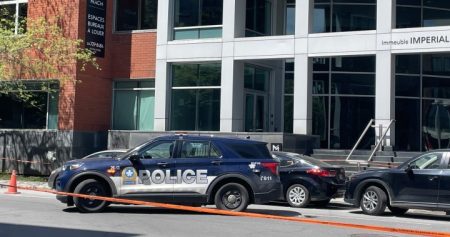Emails obtained by lawyers for Haitian businessman Reynold Deeb show Canadian officials heaping praise and gratitude on him for allowing a helicopter airlift of Canadian citizens and police at his luxury golf course, despite Global Affairs accusing him of gangland connections. The emails, attributed to consul Catherine Brazeau, thanked Deeb in French for his “exceptional” assistance and cooperation, with an RCMP liaison officer also expressing gratitude. Deeb, who is currently on Canada’s sanctions list, was provided with trip plans and passenger lists for helicopter flights carrying Haitian National Police officers to and from his Petionville Club in Port-au-Prince. Canadian lawyers for Deeb plan to use these emails as evidence in a Federal Court challenge of his sanctions.
Deeb’s lawyers argue that the government’s actions are contradictory as they thank him for the use of his property while also maintaining sanctions against him. The emails show Canadian officials being complimentary towards Deeb for assisting with the helicopter operations, which is actually contrary to sanctions law. However, Global Affairs did not immediately respond to questions about the emails. Conservative foreign affairs critic Michael Chong criticized Prime Minister Justin Trudeau for failing to uphold sanctions when seeking assistance from a sanctioned individual in Haiti. Deeb disputes his inclusion on the sanctions list and claims that those who are sanctioned face severe reputational damage, travel restrictions, and denial of financial services and employment opportunities.
Deeb was sanctioned by Canada under the Special Economic Measures (Haiti) Regulations in response to the alleged support of Haitian elites providing illicit financial and operational support to armed gangs. Foreign Affairs Minister Mélanie Joly stated that those responsible for violence and instability in Haiti must stop providing funds and weapons to criminal gangs. Deeb denies any ties to gangs and maintains that the sanctions against him are erroneous. Despite being sanctioned by Canada, he has not faced sanctions from the United States, the European Union, or the United Kingdom. The emails between Deeb and Canadian officials show the communication regarding the use of his property for the evacuation efforts, with Deeb expressing his willingness to collaborate with the embassy.
The emails detail the communication between Deeb and the Canadian Embassy regarding the arrangements for helicopter flights to evacuate Canadian citizens from Port-au-Prince. The embassy requested the assistance of Deeb’s organization, The Petion Ville Club S.A., to facilitate the departure assistance project for Canadians in need of urgent consular support. Deeb agreed to collaborate with the embassy to ensure the successful execution of the evacuation operation. The emails also show correspondence between Deeb and an RCMP liaison officer seeking permission to use the golf course for flights carrying Haitian National Police officers. Deeb allowed the flights to occur and expressed his readiness to assist with any future requests from the RCMP.
Deeb wrote to consul Brazeau about the completion of the helicopter operations and offered his continued support for any future flights. Brazeau responded by thanking Deeb for his exceptional support and expressing uncertainty about what the future holds. The emails also show Deeb’s interaction with the RCMP liaison officer, who thanked Deeb for his assistance with the helicopter transport of Haitian National Police officers. The officer declined to comment on the emails, and his role in Haiti is not publicly identified. Overall, the emails suggest a complex relationship between a sanctioned individual and Canadian officials, raising questions about the enforcement and effectiveness of sanctions against individuals involved in illicit activities.















